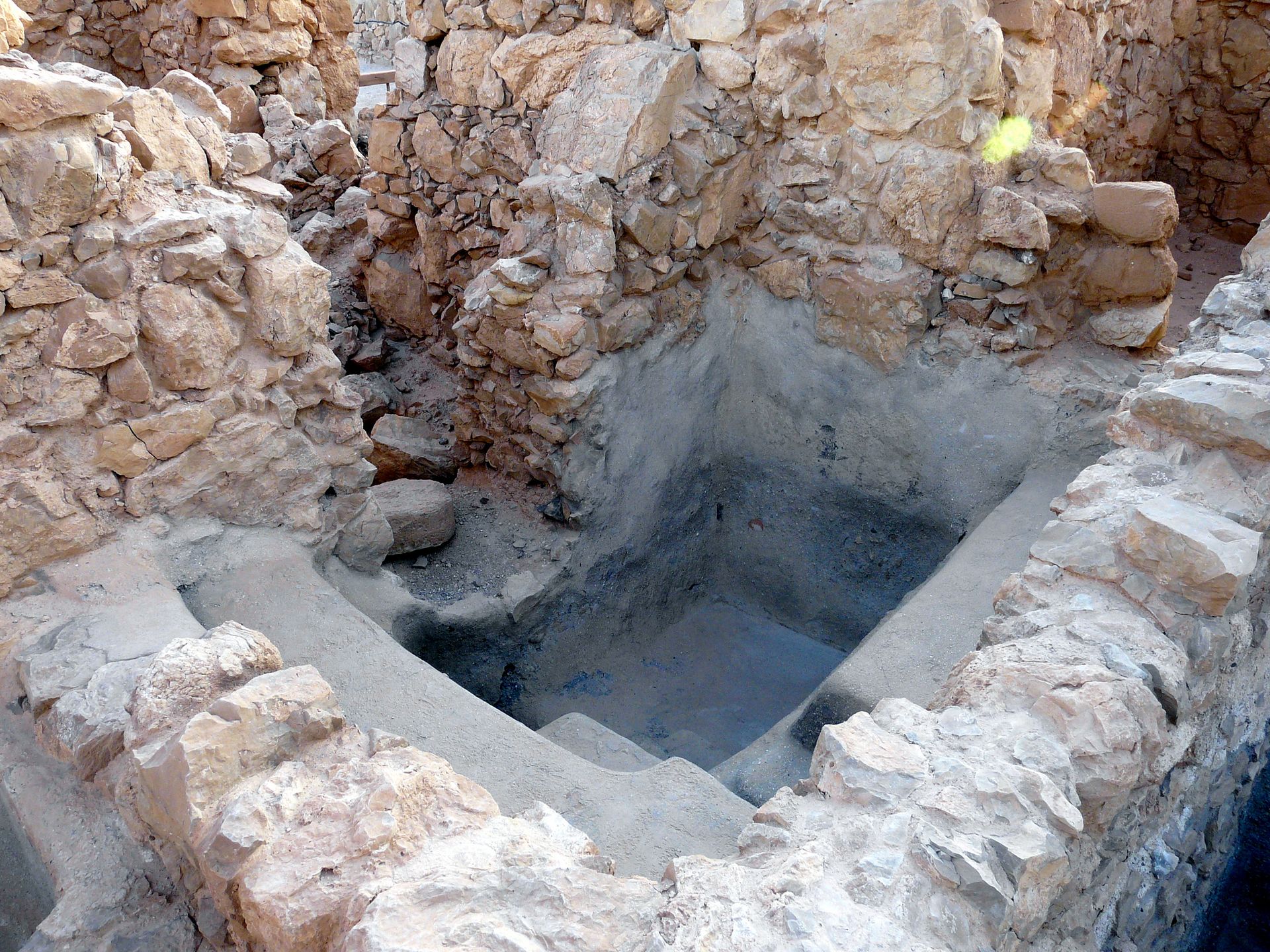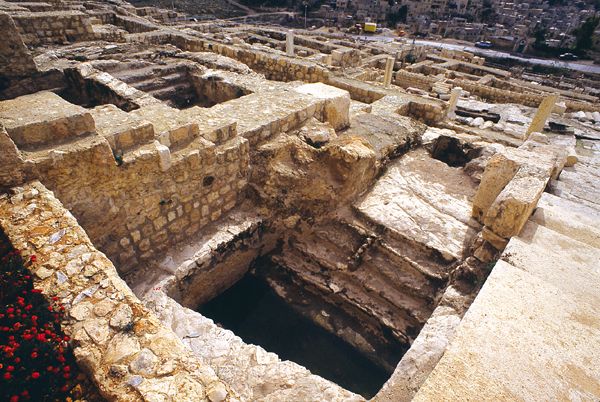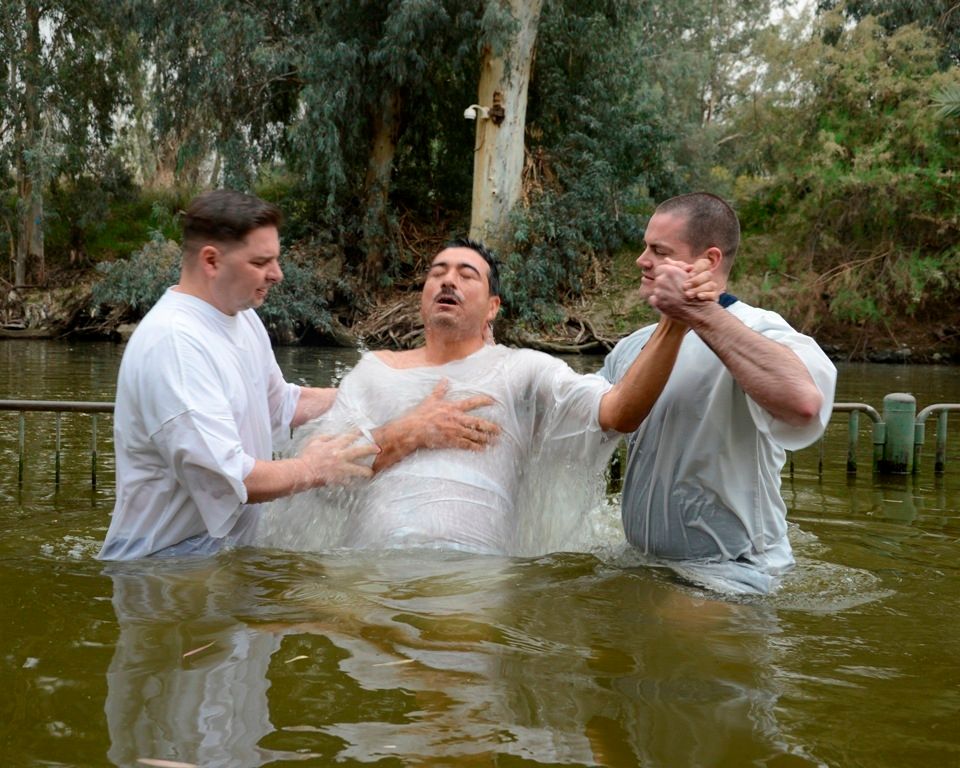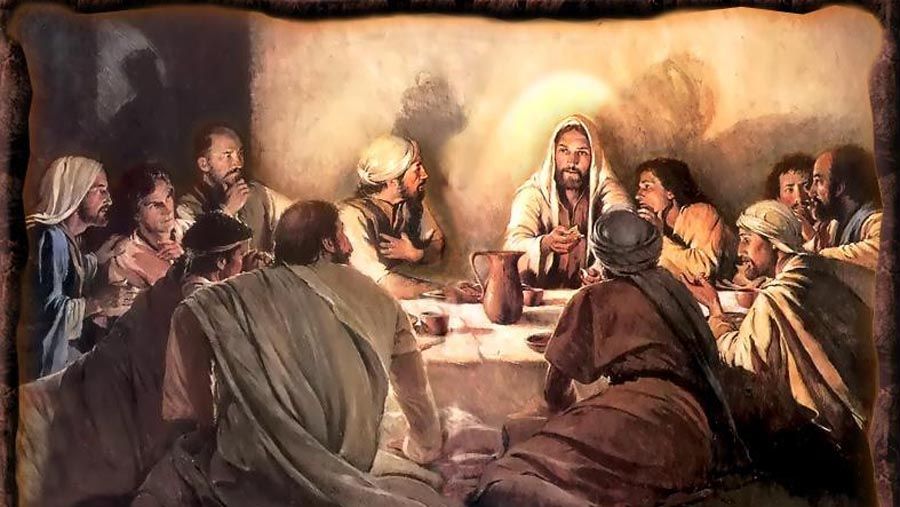“From Mikveh to Messiah: Why Water Baptism Was Only a Shadow”
The church must move beyond symbolism, and the most accepted one today is baptism. Most Christians know baptism does not save—we are saved by believing in Jesus as the Son of God (John 3:16; Romans 10:9–10) and by His grace (Ephesians 2:8–9). Yet many still see baptism as important, a symbol of dying and rising with Christ, and a way of declaring publicly that we belong to Him—even though it does not bring salvation.BUT, what does the Bible say?
What is Water Baptism
We often think the word Baptism is a spiritual term. It is not. It is derived from a Greek word báptisma which is derived from the verb baptízō. It means to dip, immerse, or submerge in water. Water baptism as we practice in recent decades is a public declaration of our faith in Jesus. Romans 6:3–4 (ESV). The word baptism originated in the New Testament texts by John the Baptist.
Mark 1:4–5 "John appeared, baptizing in the wilderness and proclaiming a baptism of repentance for the forgiveness of sins.
But was John the creator of this practice? NO.
Mikveh and Ritual Immersion in the Law

A Mikveh is a Jewish ritual bath used for ceremonial purification. The word comes from Hebrew, meaning a “collection” or “gathering” of water. According to Jewish law, a mikveh must contain natural or “living” water, such as rainwater or a spring, to symbolize cleansing and renewal. People used it for purification after certain life events, before worship, or before entering the Temple.
Here are examples of applications of Mikveh in Jewish culture:
- Ritual Purification (Taharah): For anyone who became ceremonially unclean (e.g., touching a corpse, skin diseases, bodily discharges). Leviticus 15; Numbers 19.
- Priestly Cleansing: Priests (and especially the High Priest) had to wash in a mikvah before performing Temple service. Example: Leviticus 16:23–24(Day of Atonement).
- Women’s Purification: After menstruation or childbirth, women immersed in a mikvah before resuming normal life and worship. Example: Leviticus 12, Leviticus 15:19–24.
- Conversion to Judaism: Converts to Judaism underwent immersion in a mikvah to symbolize spiritual cleansing and entering covenant life.
- Pre-Worship Preparation: Jewish men often immersed before major festivals or before entering the Temple, as a way of approaching God in purity.
- Sacred Objects: Utensils acquired from non-Jews (like pots, pans, or tools) were immersed in a mikvah to be ritually purified before use
By the time of Ezra/Nehemiah and the rebuilding of the Temple, ritual purity was taken very seriously. Archaeologists have found dozens of mikva’ot (ritual baths) around Jerusalem, especially near the Temple Mount, showing people immersed before entering the Temple.

Immersion in “living waters” was already a well-developed Jewish institution long before and during the time of Jesus.
Contrary to popular belief among non-Jewish Christians, water baptism as a form of purification was not started by John the Baptist. It is a playbook from the Torah Law that was introduced by Moses. It was a purification ritual. The people ad the Pharisees clearly willingly participated in John’s water baptism because they knew what he was doing.
Why Was Jesus Baptized?
- We addressed this here. It was His symbolic ordination into His earthly priesthood role.
- It could have also been Jesus communicating to us that all humans must be purified to be worthy for His Kingdom.
Mikveh (Water Baptism) & Jesus
The Law and the Prophets were all pointing to Jesus. This was communicated on the Mountain of Transfiguration when Moses and Elijah disappeared. The Father spoke, saying: “This is my Son, whom I have chosen; listen to him.”
Hebrews 10:1. "For since the law has but a shadow of the good things to come instead of the true form of these realities,...
Colossians 2:17 "These are a shadow of the things to come, but the substance belongs to Christ." (ESV)
Jesus is the Substance of the text in the Old Testament. Jesus said this Himself:
John 5:39–40 "You study the Scriptures diligently because you think that in them you have eternal life. These are the very Scriptures that testify about me."
So what exactly is the message of the "purification ritual" in the Mosaic Law — a.k.a. water baptism — saying about Jesus?
A. Mikveh (a.k.a. water baptism) points to the death, burial, and resurrection of Jesus Christ. Every time the Jews practiced this purification ritual, it was a prophetic declaration of Jesus’s mission on earth. He was to die, be buried, and resurrect on the third day.
B. Mikveh was a prophetic declaration of what man must do to be able to be right with God.
John 3:3"Jesus replied, Very truly I tell you, no one can see the kingdom of God unless they are born again."
This was Jesus’s response to Nicodemus (a religious teacher) who tried to engage Him in conversation. In Jewish literature, someone coming out of mikvah (the living water) is considered to experience new birth. This is the meaning of being born again.
Jesus then clarified further: “I tell you the truth, unless one is born of water and the Spirit, he cannot enter the kingdom of God.” Water in this case was referring to mikvah, the living water.
C. Jesus is the Source of Mikvah (the Living Water)
"Whosoever drinketh of the water that I shall give him shall never thirst; but the water that I shall give him shall be in him a well of water springing up into everlasting life" (John 4:14).
Living water in the New Testament often refers to the Holy Spirit. Jesus promised us the Holy Spirit. (Romans 15:16, 2 Thessalonians 2:13 & Titus 3:5 )
1 Corinthians 6:11 "And that is what some of you were. But you were washed, you were sanctified, you were justified in the name of the Lord Jesus Christ and by the Spirit of our God."
Putting It All Together
"I myself did not know him, but he who sent me to baptize with water said to me, ‘He on whom you see the Spirit descend and remain, this is he who baptizes with the Holy Spirit.’" (John The Baptist said this)
Jesus is the one who purifies, sanctifies, and cleanses us through Mikvah / living water (the Holy Spirit) when we believe in Him.
Mikvah / Water Baptism and the New Testament Church

While this is a minor issue of Christian doctrine, it is still important to address it. Just like other parts of Mosaic Law, water baptism has no place in the New Testament church. It has no spiritual significance.
The requirement for water purification was fulfilled 2000+ years ago by Jesus Christ. All we have to do now is BELIEVE.
Matthew 5:17 "Do not think that I have come to abolish the Law or the Prophets; I have not come to abolish them but to fulfill them." (ESV)
Since the requirement is fulfilled, our role now is to believe in Jesus and accept His finished work, which will inevitably lead to the production of good works.
Did Jesus ask us to do water baptism? NO.
Matthew 28:18–20 "....Therefore go and make disciples of all nations, baptizing them in the name of the Father and of the Son and of the Holy Spirit, and teaching them to obey everything I have commanded you.
We are to make disciples (starting from our family) by teaching people to have faith in the Father, the Son, and the Holy Spirit by accepting the finished work of Jesus Christ (the Son). Jesus through the Holy Spirit does the santification/cleansing/purification.
In Conlusion, What about the Early Church?

The apostles continued the practice of baptism by immersion, following the Jewish custom of mikveh, but it is also clear that the early church struggled to let go of certain Judaic practices. For example, when Peter was sent to Cornelius, he initially resisted the angel’s command, saying, “I have never eaten anything impure or unclean” (Acts 10:14), showing how deeply ingrained ritual purity was in Jewish thought.
Likewise, some believers were teaching that circumcision was necessary for salvation (Acts 15:1), reflecting the tension between law and grace. Even Paul, while acknowledging baptism, made it clear that God had not sent him primarily to baptize but “to preach the gospel” (1 Corinthians 1:17), emphasizing that the power of salvation rests not in ritual acts but in faith in Christ alone.
The real challenge for preachers and church planters today is this: hold on to the pure Gospel—and drop the symbols that distract from it.
John 4:23–24 "Yet a time is coming and has now come when the true worshipers will worship the Father in the Spirit and in truth, for they are the kind of worshipers the Father seeks. God is spirit, and his worshipers must worship in the Spirit and in truth."